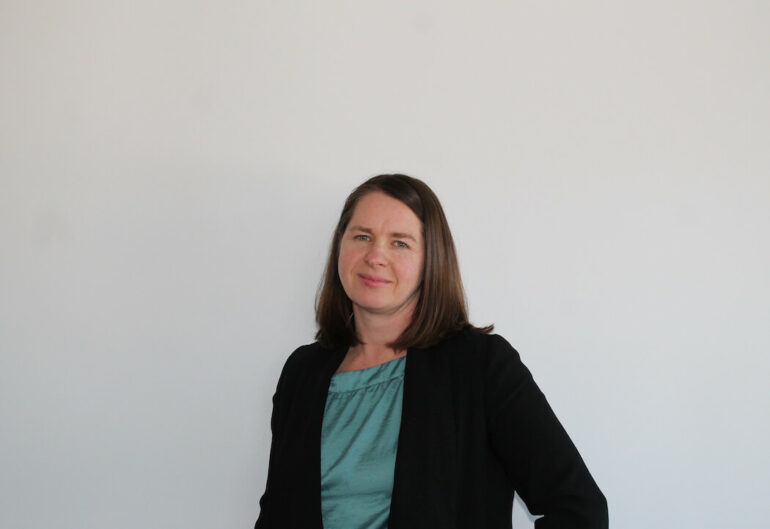Healthtech startup Nimble Science has raised $2.7 million CAD to unlock critical intestinal health data.
Nimble has developed an ingestible device in the form of a capsule that is capable of collecting samples from the previously out-of-reach small intestine.
“This is the first time we’re able to get down into the deepest regions and on a broad scale.”
– Sabina Bruehlmann, Nimble
Fusion Fund led the oversubscribed round with participation from First Spark Ventures, Alumni Ventures, Joyance Partners, Adara VC, StartupTNT, and TNT Capital. The round also included follow-on funding from pre-seed partners, including BoxOne Ventures, Threshold Impact, BlueSky Equities, UCeed Child Health and Wellness Fund, and several undisclosed angels.
Nimble CEO and co-founder Sabina Bruehlmann said the new funding will go toward using the device to build datasets to prove out the startup’s technology.
Nimble’s capsule has been clinically validated to collect an uncontaminated sample from the deepest and previously inaccessible regions of the small intestine. Bruehlmann described the capsule to BetaKit as looking like a fish oil pill.
“This is the first time we’re able to get down into the deepest regions and on a broad scale,” she said.
Bruehlmann likens the sample to a blood test. The capsule travels through the small intestine just like a small piece of food. The shell of the capsule opens, revealing large ports that wick in fluid from the small intestine, and can also sample stools. Once the capsule has passed through an individual’s system, it is retrieved and can be sent back to Nimble just like a stool sample.
“Like a blood test, we need the actual fluid in our hands to run the different tests,” Bruehlmann noted. Once the user sends the capsule back, Nimble removes the intestinal fluid and then is able to perform a number of analyses on the sample.
“We’re trying to take a very broad strategy of getting capsules into the hands of the brightest researchers, and the companies that are on the leading edge,” Bruehlmann said.
The startup ultimately hopes to sell both the capsules as well as the data it gathers to the medical industry.
“We are excited to back Nimble as it seeks to leverage its novel technology to generate first-in-class datasets that will illuminate the small intestinal microbiome, and unlock the development of a new category of microbiome-based diagnostics and therapeutics,” said Ivneet Bhullar, principal at Fusion Fund.
RELATED: Prairie tech celebrates its own with Calgary Launch Party, Start Alberta Awards, Startup TNT Summit
With its recent funding, Nimble has come out of stealth mode after three years. Joseph Wang co-founded the startup and invented the capsule. He is a Chinese national who came to Canada over seven years ago to pursue his interest in wearable and ingestible medical device research and development.
Nimble took part in the Creative Destruction Labs Rockies 2019, where Wang was introduced to Bruehlmann, who previously had over 18 years of experience with early stage medical device commercialization.
“I had been through the paces, and had some things to bring to the table,” Bruehlmann said. “I was ready to jump out and do my own thing, and start again at the beginning of a company.”
Currently, Nimble has a staff of nine, but hopes to expand to 16 in the next year.
Nimble believes it is the only commercial startup doing what it does, but Bruehlmann acknowledged that a lot of academic groups are focused on the research as well. The National Institute of Health in the United States put out a call for proposals for researchers to develop a way to get at small intestinal material, saying the scientific community needs this.
While the space active, Bruehlmann said Nimble’s focus has been to keep its technology as simple and effective as possible.
“It’s really about low-cost, broad access, but high-quality samples,” she said.
Feature image Nimble Science.

